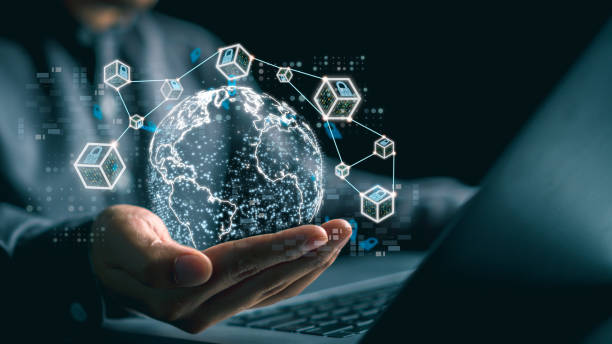- Decentralized AI tokens are rapidly growing as a new crypto frontier.
- Their popularity stems from both practical utility and philosophical alignment with Web3 values.
- Long-term potential depends on real adoption, responsible innovation, and broader ecosystem development.
In recent months, the crypto market has seen a noticeable shift in momentum, with a new category of digital assets grabbing investor attention: decentralized AI tokens. These tokens, which combine artificial intelligence capabilities with blockchain-based decentralization, have rapidly climbed the charts in both price and popularity. Their rise signals a larger transformation underway at the intersection of technology and finance.
What Are Decentralized AI Tokens?
Decentralized AI tokens are digital assets designed to support AI operations in open, permissionless environments. Instead of relying on centralized tech companies to develop, store, and operate AI models, these projects aim to distribute the power of AI across a network of nodes — rewarding contributors for model training, data sharing, or computing power. This model not only fosters transparency and ownership but also protects against the risks of AI monopolization.
Why the Sudden Surge in Popularity?
Over the past week, several leading tokens in this category have posted significant gains. Some saw trading volumes spike by over 30%, with daily transaction values crossing millions of dollars. This growth can be attributed to multiple factors. First, there’s growing concern over centralized control of AI technology, with many users looking for alternatives that offer more democratic access. Second, as more industries seek AI integration, platforms that decentralize AI services are increasingly viewed as essential infrastructure.
Another driving force is the broader narrative around AI becoming a dominant force in the global economy. With governments debating AI regulations and major firms racing to roll out new applications, decentralized solutions are gaining attention as viable, future-proof options that align with Web3’s core values.
Use Cases Beyond Trading
The utility of these tokens extends beyond speculative trading. Some networks reward users who contribute computing resources for AI model training. Others offer tokens in exchange for verified data sets or labeling work. These real-world applications have turned these tokens into more than just financial instruments — they serve as functional units within complex ecosystems powering AI tools, chat agents, and autonomous services.
Caution and Long-Term View
While enthusiasm is high, experts caution against blind speculation. Many of these projects are still in early stages, with limited track records and evolving governance structures. However, for those looking beyond the hype, these tokens offer exposure to a truly novel sector — one that merges the intelligence of AI with the transparency and fairness of decentralized systems.
Conclusion
The rise of decentralized AI tokens isn’t just a passing trend. It reflects a deeper transformation in how society wants to build and manage next-generation technologies. As AI continues to grow more powerful and integrated into everyday life, ensuring its development is inclusive and distributed may be one of the most important steps forward.


